You can now buy a quantum computer, Satyen K. Bordoloi explains its significance
The year 2022 has witnessed many momentous moments: multiple moon missions, fusion power, JWST’s new but ancient galaxies, ChatGPT, quantum leaps in quantum computing etc. Yet, what 2022 might one day end up being largely remembered for, is as the year when the first affordable retail quantum computer went on sale.
Shenzhen SpinQ Technology Co., Ltd. has come out with three models – Gemini, Gemini Mini and Triangulum that are ‘portable’ quantum computer models anyone can buy. While the first two are “2 qubits desktop NMR quantum computer”, Triangulum is a “3 qubits desktop NMR quantum computer”.
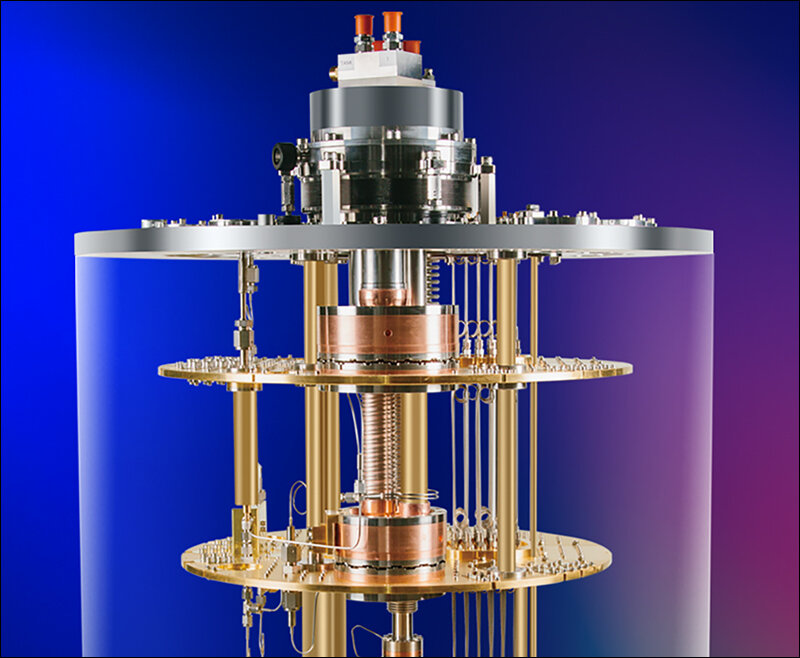
(Image Credit: IBM)
Though the Chinese company had begun shipping their quantum computers earlier and the first ‘real’ quantum computer – IBM’s Quantum System One was installed in Germany on June 15 2021, what is unique about these models is weight and cost: at 14 kilograms and $5,000 Gemini Mini is the lightest and most affordable quantum computer in a market where the average low price is still a few hundred thousand with the high-end models selling for millions of dollars.
However, don’t expect to begin editing your Instagram photo on them yet. At 2 and 3 qbits, these models are minuscule in power compared to those available in labs across the world. The product description on their page reads, “Based on the theory of nuclear magnetic resonance (NMR), it uses the spin phenomenon of nuclear as the qubit carrier, to read and operate qubits states by RF pulse. Gemini is good for quantum computing education and some simple scientific research.”
Complex problem-solving is ruled out but its potential to serve as an introduction to quantum computers and quantum circuit programming is immense. It can speed up interest and funding for research on quantum computing across the world pushing humanity faster into the quantum age.
Dawn of the Quantum Age
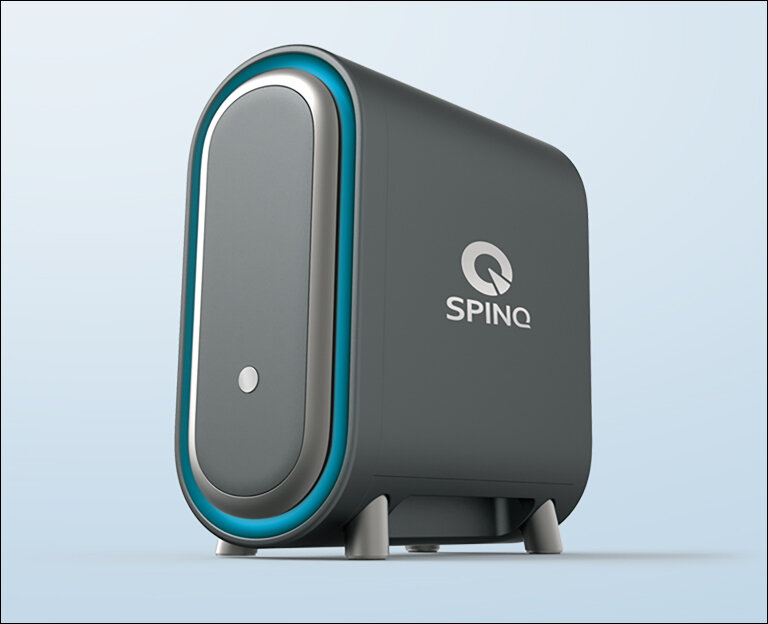
At a conference co-organized by MIT and IBM in 1981, Richard Feynman had urged the world to build a quantum computer saying, “Nature isn’t classical, and if you want to make a simulation of nature, you’d better make it quantum mechanical.”
This blog post from IBM sums up the potential of quantum physics: “Quantum theory was a revolutionary advance in physics and chemistry in the early 20th century, an elegant mathematical theory that explained the bizarre behavior of subatomic particles, and led to great technological advances such as the laser and transistor. But only in the last decade of the 20th century was it realized that quantum theory applies not only to atoms and molecules but to bits and logic operations in a computer.”
People who look at the world today and consider the exponential growth of artificial intelligence in the last decade and realize the breakneck speed of discoveries and inventions this millennium, think of it as magical. However, those working in quantum computing know we haven’t even begun skimming the surface of ‘magic’.
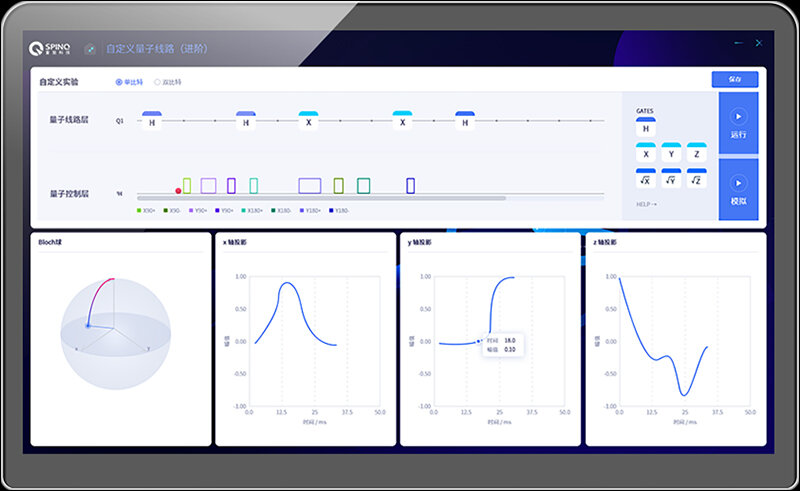
Some of the principles of quantum mechanics are so bizarre that it prompted even the genius Albert Einstein to call it ‘spooky action at a distance.’ He had trouble reconciling with quantum physics as he couldn’t imagine how all of classical physics could be upended in by the apparent lack of principle in the subatomic world. I cannot even fathom what he’d have said of the same ‘spooky action’ now formulated into principles that are good enough to make quantum computers.
Experiments on quantum computers in the labs of companies like IBM and Google have shown them to be hundreds of millions of times faster than classical supercomputers today. If the ability to solve problems within the bounds of mathematics and classical physics that normal computers represent could so fundamentally transform our world, we cannot even fathom how dramatically everything would be radically altered with quantum computing.
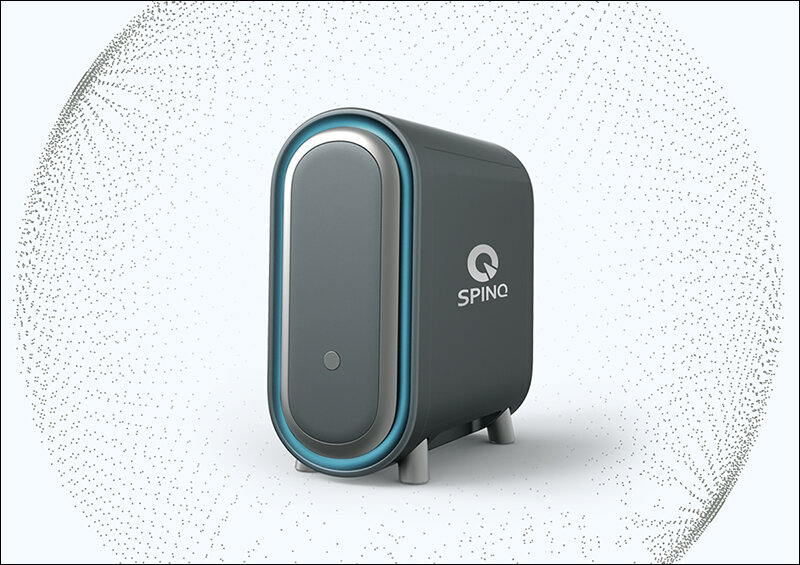
And that’s not all. The power of computing literally in the palms of people (your average mobile is better and faster than supercomputers from barely 3 decades ago) has dramatically changed how we do things and perceive the world. Having computing power a hundred million times faster and better in those same hands will literally create magic. Of course, it will create social dissonance as just ‘simple’ computing in people’s hands is generating a lot of it today. But this current phase of increasing division within humanity will perhaps better prepare us for the age of quantum computing.
Practical Magic
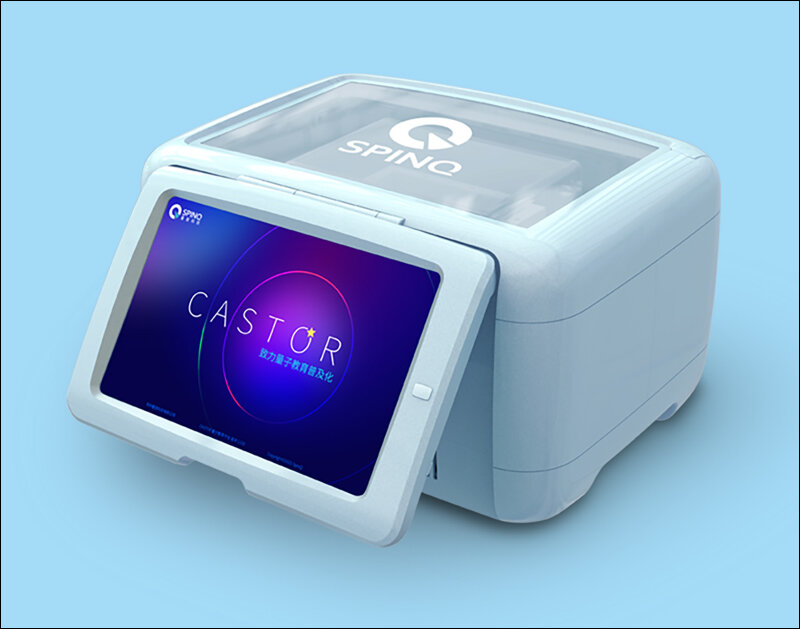
Today transferring data is a slightly cumbersome prospect (let’s not even go to how it was in the analogue age). To transfer just a 2GB file takes a dozen-odd minutes to upload to the cloud, and as much or less for someone in a remote corner of the world to download it. However, using the principles of quantum entanglement we could one day be able to transfer multiple terabytes of data from one quantum computer to another, not in dozens of minutes, or even a few minutes, not even in seconds but maybe instantaneously. Sounds like magic? Not so if you know the principle of quantum entanglement. Scientists have already managed to load information into quantum entangled particles to transfer small bits of data. The technical term for that – strangely yet appropriately – is teleportation.
This simple invention has the potential to remodel literally everything in the world. The computing landscape of the world will be revolutionized to an unrecognizable level. The planet’s entire computing architecture will change. Clouds could be a thing of the past. So could 6G or 7G telecommunication networks –would you need wires to transfer sound or image data between two mobiles when quantum entanglement could do so faster than anything in the universe today?
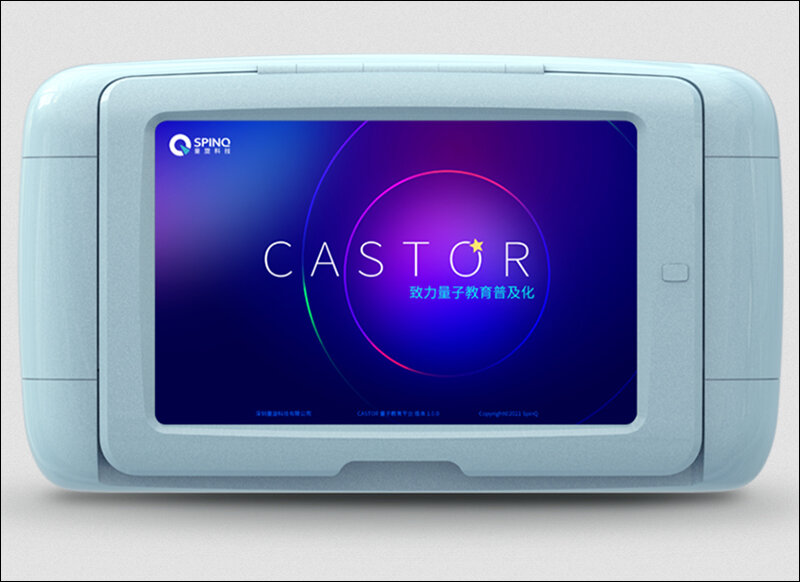
Today radio signals between the Perseverance rover waltzing on Mars and Earth take anywhere between 4.3 minutes to 21 minutes, depending on the distance between the two planets orbiting the sun. A couple of decades from now when quantum computers are small enough to load on spaceships, communication will be instantaneous.
This will be the most important step in humans becoming a truly space-faring civilization. Travelling far without being able to communicate fast renders space travel problematic. And, I am not even stepping in to explain what will happen when quantum artificial intelligence drops in on the planet. Singularity perhaps!
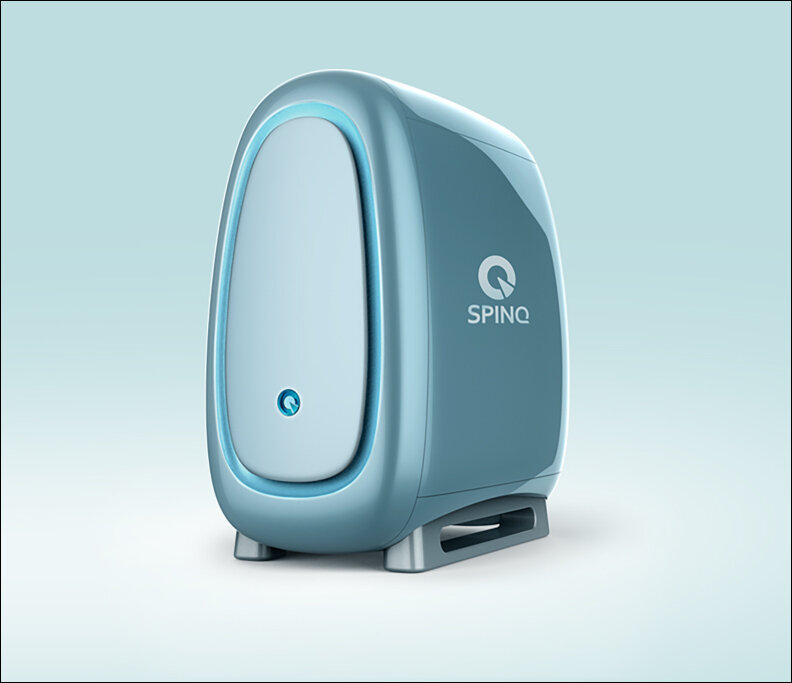
All of these and so much more would be possible once quantum computing comes of age. Today quantum computers are a bit where classical computers were in the 1950s – big and bulky with little computing power. But quantum computing is developing at a much more rapid pace than computing did in the 1950s, thanks to classical computers and artificial intelligence.
On the last day of 2042, we will be moving around with mobile phones run by quantum computing. That day, 20 years from now, is being made possible by the Google, IBM, Alibaba, Atos and Baidu’s of the world. The glimpse of that future is finally ready to buy off the selves in the form of the Gemini and Gemini Mini quantum computers today. And that in itself, changes everything.
In case you missed:
- Quantum Field Theory: Unveiling the Universe
- Retrocausality: When the future affects the past
- 2023 Developments That’ll Alter Your Future Forever
- Want to live 150 years? Digital biology will soon crack it
- Is DNA-based Computing the Future of Our Digital World?
- Mathematics – Basis of Everything, Everywhere in the Universe
- The Most Revolutionary Treatment Ever Just Became Available to You
- Why AI Being ‘intelligent’ Is the Greatest Con Pulled on the World
- Did Apple just invent the invisibility cloak with Vision Pro?
- Petition demanding AI lynching comes from primitive human instinct



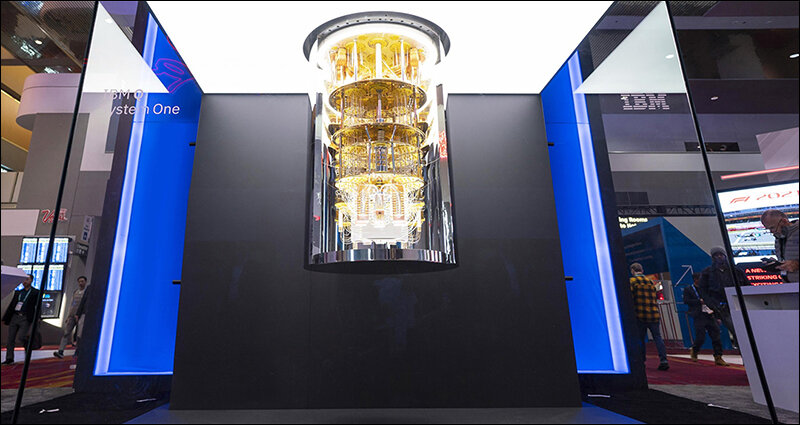



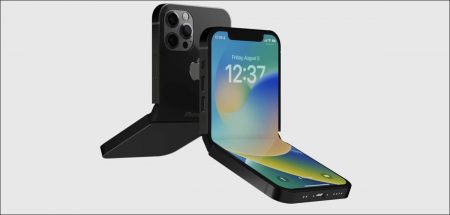


4 Comments
I am an experimentalist who is working in quantum information science, I would like to point out some issues in the article-
1) What the company is selling is not a quantum computer but a miniaturized NMR machine, which is cool, but not even close in any regard with the IBM, Google quantum computers in any regard. They are controlling “ensembles” of many nuclear spins in molecules instead of controlling single qubits like the superconducting qubits from IBM, Google. The inherent problem with conventional NMR is that it has very poor sensitivity and what that means is that they need several billion copies of the same molecule (the molecule has a pair of nuclear spins coupled to each other) to even get a signal. So they are marketing it as a quantum computer but please ask them about the number of qubits, which will be beyond billions, but they cannot control any qubit individually which makes their machine practically useless when compared to superconducting qubit-based quantum computers where they have only 100 qubits but every qubit is controlled precisely. They send RF pulses to control billions of qubits together but they cannot control each qubit individually which makes the tool extremely limited use.
It’s a cool toy for education but calling it a quantum computer is a joke.
2) “Experiments on quantum computers in the labs of companies like IBM and Google have shown them to be hundreds of millions of times faster than classical supercomputers today” The demonstrations from IBM and Google are very limited and they have tried to create algorithms where quantum computers would perform better than supercomputers, but the algorithms themselves are not very useful. There have been many follow-up works where the same problems were solved on supercomputers in a comparable time by optimizing the algorithm. The actual number of physical qubits needed to solve a useful problem in a quantum computer is anywhere between 100 to thousand to a million while we are currently at 100 qubits approaching 1000 in a few years. So we aren’t quite there and likely won’t be until a few decades.
3) “However, those working in quantum computing know we haven’t even begun skimming the surface of ‘magic” Honestly we are happy that there is funding in the field, but there’s a lot of hype. All we know for sure is that quantum computers can simulate physical systems (like molecules etc for drug delivery, chemical study etc) much better than classical computers and maybe a few other algorithms (Shor’s algorithm as an example) but that’s about it. All the big talk about using quantum computers for financial systems etc don’t have any rooting in science, so far.
Thank you SG for your comment. While I agree with most of what you are saying, let me put out a few of my own points on the same.
Your point 1: You are absolutely right. At 2 and 3 qubits, this ‘quantum computer’ does not match what say IBM does with System 1 and with their later systems which are expected to cross 1000 qubits soon. I would like to clarify that the company themselves say and which i mention in the article, that SpinQ is good only for education purposes. And yes, limited though their system maybe, why i think it isn’t unfair to call it a quantum computer because rudimentary and minuscle it might be it still uses principles of quantum physics, has a software interface (again not upto scratch yet) and no matter how little it still computes, it still does compute. So i don’t think calling it a quantum computer is wrong. To illustrate: Pilot ACE and UNIVAC in 1950 weren’t computers from the current state of what we mean by computing, but they were still progress and hence it isn’t wrong to call them the first computers ever. I agree with most of the other things in this point and i have my own doubts about these quantum computers e.g. how do they cool the system enough for quantum calculations. I do intend to investigate more.
Your point 2: I don’t know very much in detail about how really they calculate the speeds of the two, however in this point i follow the experts believing what they say e.g. this article among hundreds of others where Google claims their quantum computers are 158 million times faster than your super computer.
https://www.forbes.com/sites/chuckbrooks/2021/03/21/the-emerging-paths-of-quantum-computing/?sh=741bec2d6613
Point 3: I couldn’t agree more that there is hype about Quantum computers and their capabilities and I am one among millions adding to that hype. I don’t know about others, but I can talk about why I add to the hype: i want the field to be funded enough (I don’t want it to see quantum winters like we had AI winters when funding dries out) so we can reach where it is supposed to go. I want to remind you that since the now legendary Dartmouth conference in 1956 where the term AI was first coined, there was a lot of hype and bust cycles for five and a half decades, till around 2011-12 we began seeing reality matching the hype to such an extent that AI today in many ways i feel is underhyped (except in sci-fi films and Elon Musk) as compared to what is actually being done in the field today. So yes, it might be a lot of hype – including its use in financial systems – but with quantum computing, unlike with AI, we will reach hype meets reality much much much faster.
I agree with most of it, thanks for the clarification 🙂
A quick comment on 2, this article mentions the recent paper where a supercomputer could be used to simulate the google sycamore chip on a much faster timescale that google had estimated in their 2019 demonstration.
The original demo is still valuable but given where quantum computers are right now, it’s a game of catch where improved algorithms can show classical computers outperform certain operations on quantum computers. Hopefully as the field advances, one day we will have “useful” quantum computers that do useful operations (Shor’s algorithm that I mentioned is a prime number factorization algorithm which could break the RSA encryption protocol followed these days, and it was one of the major motivations to pursue quantum computing)
Thanks SG. You’re right again.
The wait is on for a Quantum Computer that can actually work as easily as classical computers do. Yet, I am sure you know that IBM has already put its Quantum computer up in the cloud for people to test and thousands of them, mostly from universities across the world are testing them. And IBM plans to put their next Quantum Computer, the 433 qubit Osprey system on the cloud – this time for paying clients. I guess the cooling required for the quantum chandelier and the chip at the bottom is better achieved in their headquarters than in the homes of users 😉
I have written about the Chinese researchers who claim in a paper that they figured out a way to have Shor’s algorithm break RSA 2048 encryption using the qubits on existing quantum computers. It should be published here any day now. Do keep checking 🙂